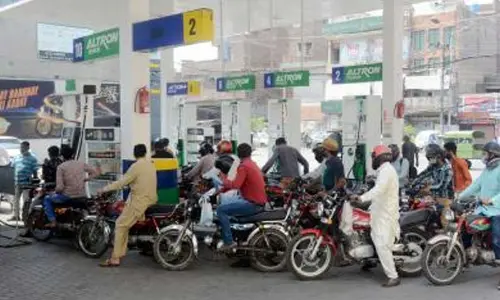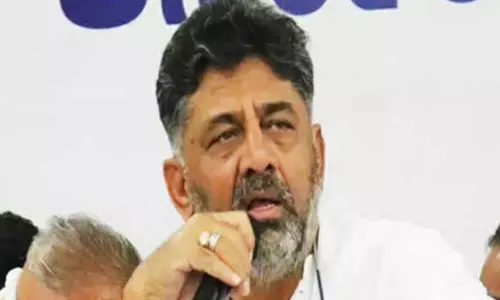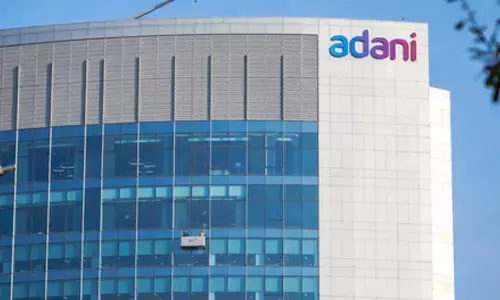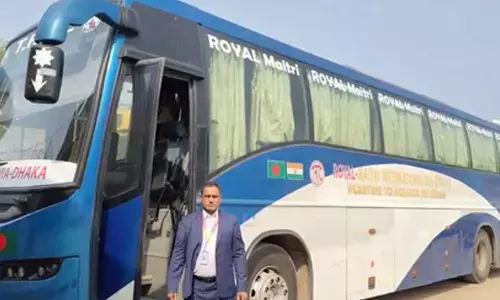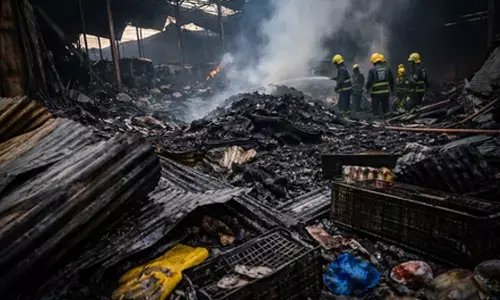Polasa research centre sans scientists
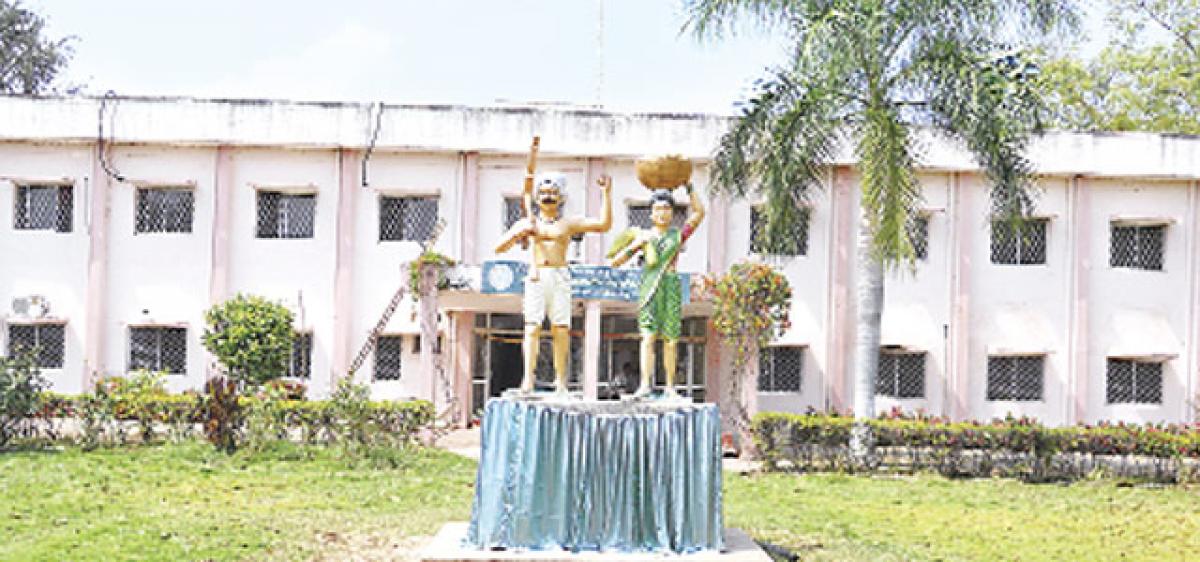
It’s time the government did some deep introspection whether the regional agricultural research station (RARS) in Polasa that caters to the agrarian needs of north Telangana districts is really translating its research for the farmers’ benefit, this despite spending crores of rupees.
In the first 20 years, the centre, which is popular for paddy and groundnut and sesame breeding research, has produced quite a few varieties that withstand diseases and pest attack, besides high yield
Jagtial: It’s time the government did some deep introspection whether the regional agricultural research station (RARS) in Polasa that caters to the agrarian needs of north Telangana districts is really translating its research for the farmers’ benefit, this despite spending crores of rupees.
Like any other agricultural research station in the State, the research activity at Polasa in Jagtial district, about 200 km north of Hyderabad, is also languishing due to inadequate staff, including all important scientists. As a result, the research station has nothing to boast to its name after it produced paddy variety JGL-18047, popularly known as ‘Bathukamma’, in 2015.
The Polasa RARS spread across 61 hectares, a constituent of Professor Jayashankar Telangana State Agricultural University (PJTSAU), has 12 research stations, five District Agricultural Advisory and Transfer of Technology Centres (Eruvakas), four Krishi Vignana Kendras, two agricultural polytechnics and an agriculture college.
In the first 20 years, the centre, which is popular for paddy and groundnut and sesame breeding research, has produced quite a few varieties that withstand diseases and pest attack, besides high yield. Jagtial Sannalu (JGL-1798), Polasa Prabha (JGL-384) and MTU 1010 etc. are some of the popular paddy varieties introduced by the centre.
In all, the centre has so far produced nine Sannalu (fine rice) alongside making a significant progress in rolling out new varieties of groundnut (JCG-88) and sesame (Shwetha, Chandana and Rajeshwari) white varieties.
Having made a name for it, the research station failed to produce any desired results since it rolled out ‘Bathukamma’ paddy variety in last couple of years. The modern soil quality testing laboratory set up at a cost of Rs 60 lakh is not being used due to shortage of scientists, it’s learnt. The polyhouse constructed in 2015 for the research is also unused.
Shortage of scientists is the major reason that was affecting the research. Currently, there are only 10 scientists of the 33 sanctioned posts working in the centre. It’s learnt that the administration of PJTSAU has sought the government to fill nearly 270 vacant scientist posts across the State besides the recruitment of support staff.
Admitting the staff crunch, the Assistant Director of Research Dr S Laxman told The Hans India: “We requested the authorities to fill the scientist posts that fell vacant for various reasons. Despite having inadequate scientists we are trying our level best to cater to the agricultural needs of the cultivators.”
All India Kisan Sabha national vice-president Sarampalli Malla Reddy said that the TRS government which made tall promises to give fillip to farm sector, has totally forgot agro-climatic research stations. Further the government failed to exert pressure on Centre to get adequate funds for the agricultural research.
It’s time to get out of the slumber and act on giving a new lease of life to all regional agricultural research centres in the State. The focus of the government must change if agronomy research is to make a real impact on farming and prevent farmers’ suicides, he added.


